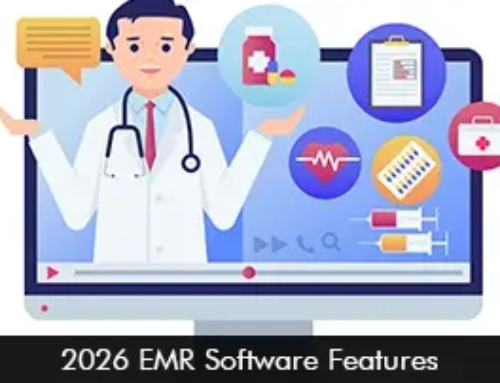Artificial Intelligence (AI) technology and machine learning tools can boost physician satisfaction scores when there are staffing shortages and record high clinician burnout rates. The HITECH Act in 2009 encouraged hospitals to deploy EHR software systems to streamline clinical, financial, and administrative tasks through automation. However, since 2009 the time spent by providers in medical record keeping has doubled. Physicians now have to spend time on their computers and also focus on patient care. This has led to a work-life imbalance putting pressure on the physician.
AI tools to mitigate physician burnout
When AI tools are leveraged they help to automate and streamline administrative tasks, helping providers to focus on patient care. A survey in 2021, revealed that 99% of healthcare executives recognize the potential of artificial intelligence to reduce clinician burnout and enhance provider satisfaction.
Artificial Intelligence (AI) use cases
Health data extraction
An athenahealth survey showed that 58% of healthcare providers feel overwhelmed and overloaded with the data in the EMR system which increases their stress levels. Physicians say that it takes time and energy to search for the exact information and that data searching consumes their time.
To manage the information load, a text-mining tool that uses natural language processing (NLP) can help physicians search through big amounts of data efficiently for clinical decision support. NLP uses artificial intelligence, and other machine-learning tools to extract health data.
Research has proven when artificial intelligence tools are used for data extraction it can help reduce electronic health records software screen time and enhance physician satisfaction scores.
Medical scribing
Medical scribes have been used by providers to assist them in clinical documentation. The primary duty of medical scribes is to document patient encounters in the EMR system. Advances in speech technology led to the discovery of AI-based EHR scribing services.
Physicians use their smartphones as voice input devices during patient encounters. Once the recording is over, the dictation will transmit into the Electronic Medical Records (EMR) software. This streamlines the documentation process helping providers have more time to focus on patient care.
AI technology and the healthcare landscape
Artificial intelligence tools are revolutionizing the healthcare landscape – By improving daily administrative tasks, data management, and drug discovery. AI tools are being leveraged by healthcare organizations in the US to automate routine tasks making it possible for clinicians to offer high-quality patient care and enhance health outcome levels.








